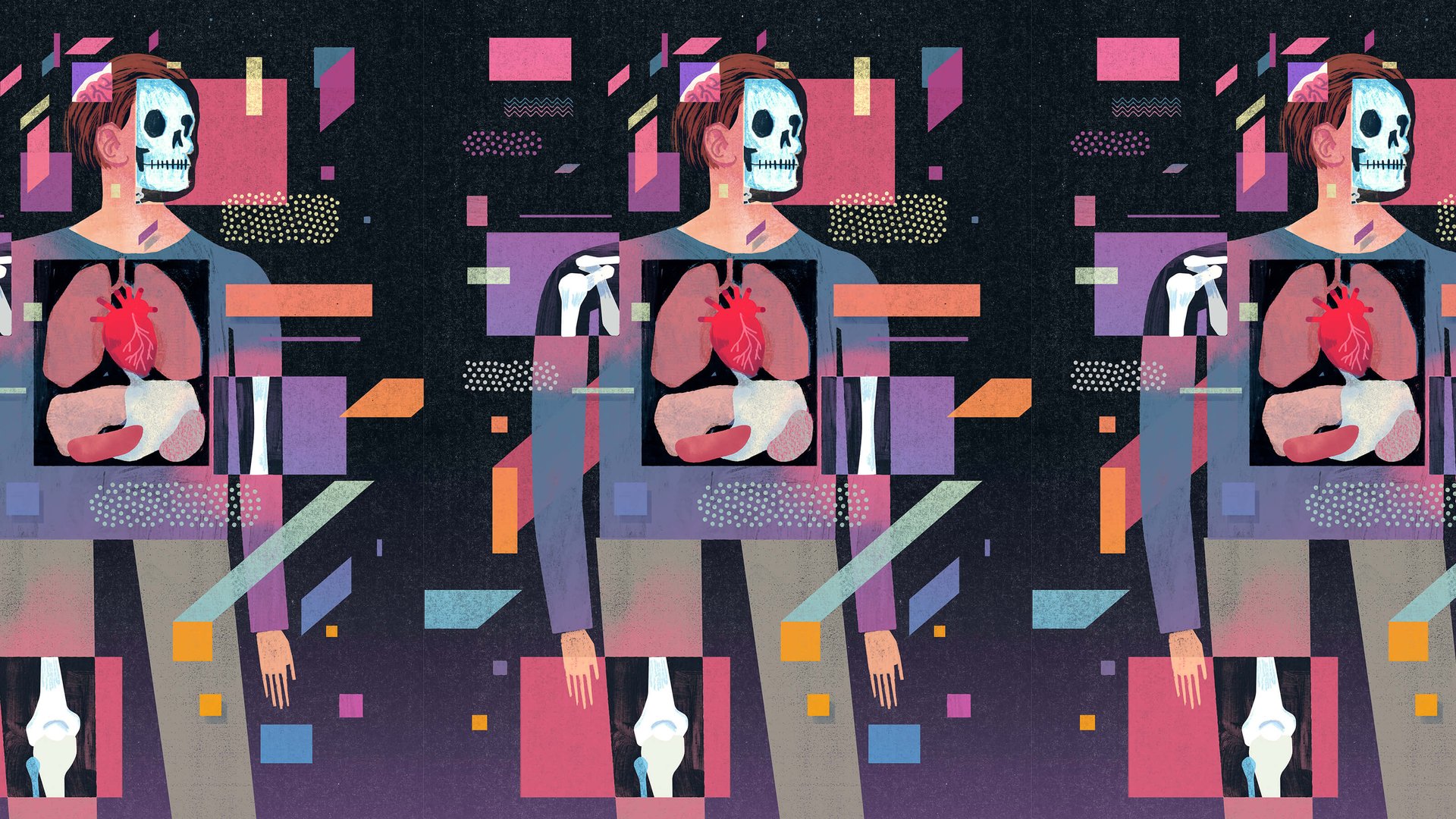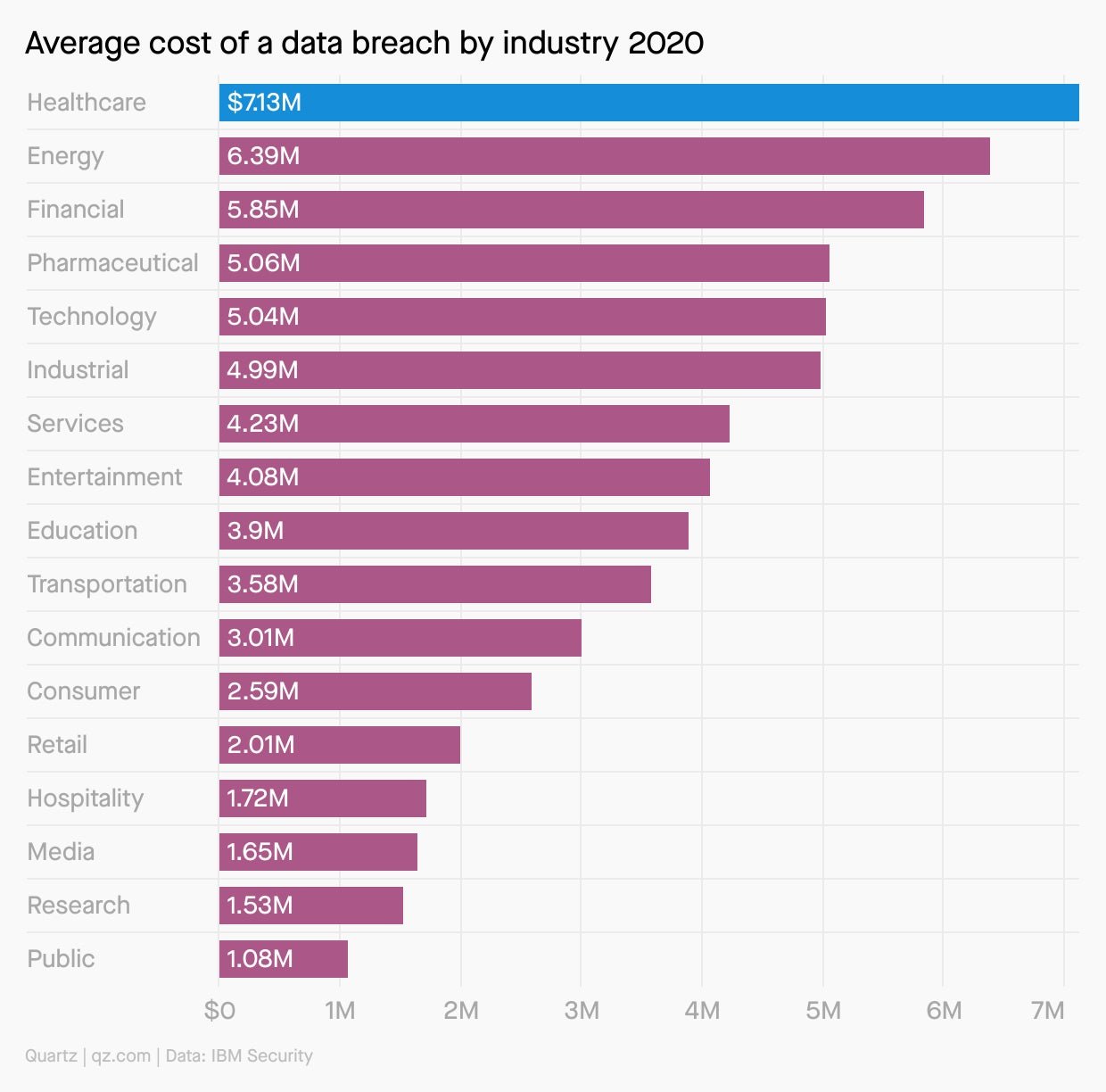For members: Is telehealth medicine’s future?
[qz-guide-hero id=”434622407″ title=”💡 The Big Idea” description=”Telehealth became more popular during the pandemic. What will make it stick?”]


[qz-guide-hero id=”434622407″ title=”💡 The Big Idea” description=”Telehealth became more popular during the pandemic. What will make it stick?”]
By the digits
$61 billion: Annual sales of the global telehealth market in 2019
Help Quartz improve! To make the best membership experience possible, we need your honest feedback. Take this three-minute survey for a chance to win a $100 Visa gift card. (The gift card winner will be selected randomly, and is in no way dependent on the responses you give.)
One big number
54%: Increase of use of telehealth in 2020 from 2019
The billion-dollar question
What will it take to make telehealth a permanent part of medicine?
When people first started using telehealth, there were a number of barriers to adoption. Some were on the operational side, including the cost of services, issues with insurance reimbursement, and lack of connectivity. But others were more substantial—patients, as well as the medical community, worried about the level of care that could be administered remotely rather than in person. Though some of these issues have been temporarily resolved, those fixes need to be made permanent in order for telehealth to be a regular part of medical practice in the future.
Charting the cost of a healthcare hack
Ever since healthcare providers started storing data digitally, their systems have been juicy targets for hackers. Health records store tons of sensitive, personal information that can be used to steal patients’ identities.
As a result, cyber criminals can extort higher ransoms from hospitals they hack into, or sell that data at a premium on the black market. Stolen healthcare records, in fact, are more valuable than stolen credit cards.
Quotable
“[Telemedicine] isn’t a replacement for all care, but it’s another tool in the toolbox. There is a perception that telemedicine can be less personal, but in many ways it’s just another way to meet the patient’s need.”
—Brian Hasselfeld, a pediatrician and internist at Johns Hopkins, and the organization’s director of telemedicine.
Did you know?
Some medical experts consider access to broadband to be a social determinant of health, just like poverty or geography.
Commonly held question
Will telehealth make healthcare more equitable?
The inability to see a provider, both in urban and rural settings, disproportionately affects ethnic and racial minorities, members of the LGBTQ community (and particularly transgender people), and individuals with disabilities. Often the underserved groups intersect, too—the uninsured or underinsured are mostly non-white, and tend to live in rural areas.
During the pandemic, more people were able to use telehealth to see a doctor, which is unquestionably a good thing. But for telehealth to improve people’s health in the long term, it will have to overcome other barriers, such as access to technology, insurance snafus, and more widespread coverage of internet access.
Brief history
1960s: A psychiatric hospital in Nebraska uses closed-circuit televisions to connect doctors to patients
The companies making telehealth happen
In the US alone, there are hundreds of telehealth companies of various sizes and scope, including two that are publicly traded. Some companies partner with traditional hospitals, while others provide their own doctors. Still others specialize in addressing niche medical needs, filling gaps where physical practices fall short. Here are a few and what each offers.
🤖 K-Health: Patients start to chat with a bot, then move to a health worker as needed
🖥 Teladoc and Amwell: Provide healthcare practitioners with a technological interface that allows patients to connect with their doctors through videos and other channels
🕹️ XR Health: A telehealth company experimenting with augmented reality
🩺 Tytocare: Includes at-home testing kits that allow the patient to monitor basic functions such as blood pressure or heart rate, under the direction of a connected physician
💊 GoodRx: The discount drug service now offers appointments with doctors, no insurance necessary
💆 Hims, Hers, and Curology: Provide easy access to doctors who write prescriptions addressing common concerns around wellness.
🗣 Talkspace and BetterHelp: Therapy via text or phone
🙋 Plume: A telehealth company focused on gender-affirming care for the transgender community
📚 Read the field guide
How telehealth could be the future of medicine
📣 Sound off
Will you use telehealth after the pandemic?
In last week’s poll about Jeff Bezos’s legacy, 44% of respondents said his legacy would be a mixed bag. Like him or not, people have opinions: just 5% of respondents said they didn’t know.
